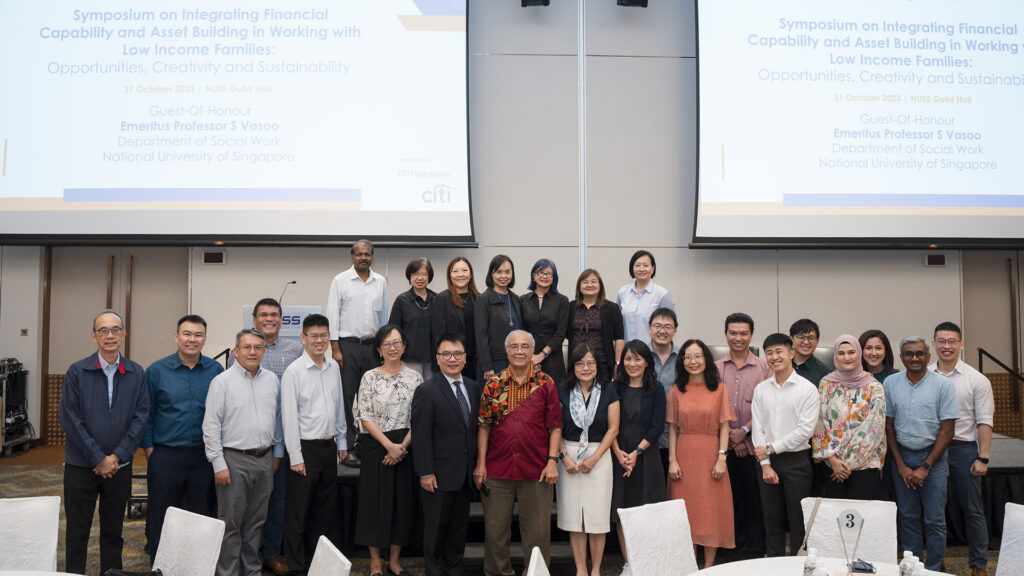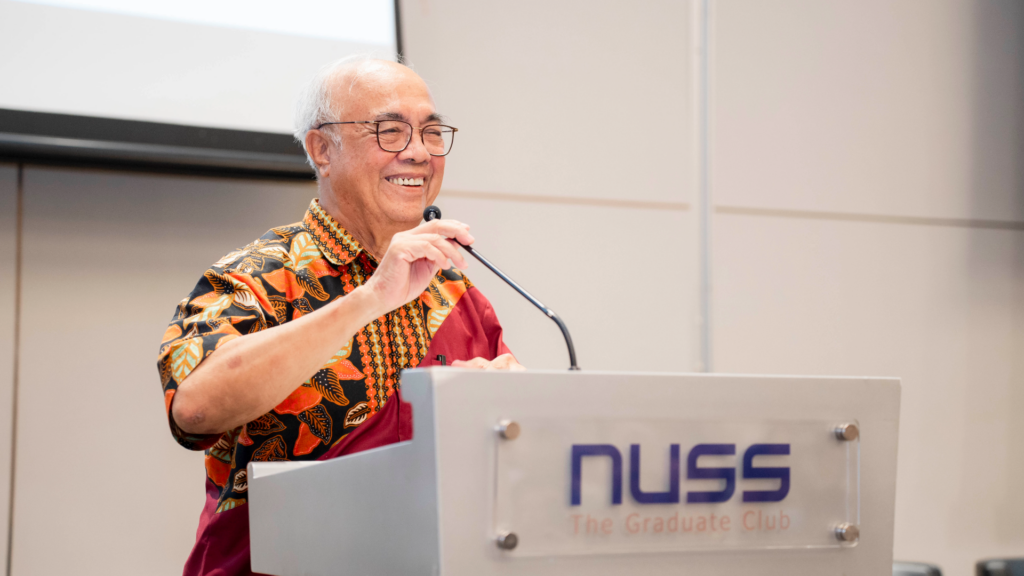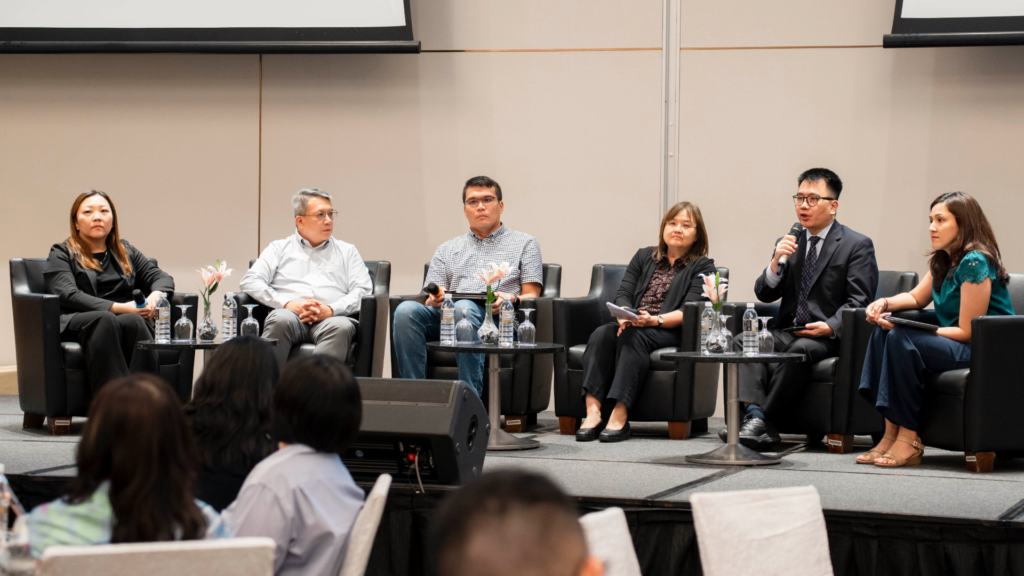Financial Training Programme by NUS Aims to Boost Efforts of Social Workers, Frontline Staff and Volunteers
November 16, 2023
IN BRIEF | 6 min read
- The Financial Capability and Asset Building (FCAB) Training programme funded by Citi Foundation was first rolled out for social workers in 2020 and will be expanded to frontline staff and volunteers from 2024, after a successful pilot in 2022.

The family dedicated $3,000 a month to repaying the debts, leaving them with little for the daily needs of seven family members; three young children, two elderly grandparents, along with Mr and Mrs Tan.
Overwhelmed by the debt situation, Mrs Tan reached out to a Care Corner Family Service Centre, which helped the family secure subsidies for childcare services and provisions such as milk powder and diapers.
However, Care Corner did not stop there. Mrs Tan’s assigned social worker also educated her on the nitty-gritty of financial planning. By improving her financial capability, Mrs Tan was able to reduce the family’s debt and cultivate better spending habits.
“Although not all who struggle financially are low-income households, a large proportion of them are. But whatever their background, we need to educate them on Financial Capability and Asset Building so that they have the tools and knowledge to plan for a more sustainable financial future” said Mr John Teen, Manager of Care Corner Family Service Centre (Admiralty), at a symposium organised by the NUS Faculty of Arts and Social Sciences’ Next Age Institute (NAI) on 31 October 2023.
The symposium, titled Integrating Financial Capability and Asset Building (FCAB) in Working with Low Income Families: Opportunities, Creativity and Sustainability, was organised to discuss how FCAB can be integrated in working with low-income families. FCAB Training was first rolled out for social workers in 2020 and will be expanded to frontline staff and volunteers from 2024, after a successful pilot in 2022. The FCAB Initiative is funded by Citi Foundation.
FCAB aims to empower individuals and families to make sustainable financial plans and safeguard their money by first equipping social workers and frontline officers with knowledge and skills on household financial matters and asset building. They can then journey with clients through their various issues towards financial sustainability.

This is an issue particularly pertinent to Singapore, said Emeritus Professor S Vasoo, the symposium’s Guest of Honour. “We need to ask if there is hope for low-income households to move beyond providing for basic needs to climb up the economic ladder,” added the former Member of Parliament.
“We need to do more than overcome poverty – we must cover all the bases of financial equity, stability, security, safety, sufficiency and resilience,” said Professor Jin Huang, Professor of Social Work at Saint Louis University in the United States, who was the symposium’s keynote speaker.
Working together to build a sustainable financial future
The comprehensive goal of FCAB is reflected in its “whole life perspective” approach.
“Building financial capability is a cumulative process of knowledge and financial management built over time – we must keep walking with clients even after their immediate issues are resolved,” said Adjunct Associate Professor Corinne Ghoh, NAI’s FCAB Initiative Project Lead. “Although these journeys may be long, they are worth the investment.”
Besides community cases like the Tan family, FCAB has also been applied to the prison setting.
“At Singapore Prison Services, we want to help inmates reintegrate into life after release. Financial vulnerability can be a potential stressor after they are released, and financial struggles can even lead them to reoffending,” noted Dr Joyce Chan, Assistant Director, Community Partnership/Rehabilitation & Reintegration Division, at Singapore Prison Service (SPS).
“Through FCAB knowledge and skills, SPS officers can work with inmates on financial matters right from the onset of incarceration to help them,” she added.
The results have been positive, with prison officers and volunteers reporting that the training has made them “more confident in guiding inmates on financial matters”.

Speakers at the symposium believe that a concerted effort is needed in using FCAB approaches to provide an integrated nexus of help to support low-income clients in achieving sustainable outcomes.
“We need all the different levels – practitioner, organisational and even policy – to come together intentionally and work towards our common goal of improving social mobility,” said Mr Barry Ryan Shah, Assistant General Manager, Regional Services (SSO@ Bedok & Geylang Serai), Ministry of Social and Family Development (MSF), in response to a question during the panel discussion.
Prof Huang added: “Practitioners as the first touchpoint can set clients on the course towards long-term financial stability, but organisations and policy makers need to understand the emerging needs on the ground from practitioners so that they can form better solutions, even through innovation such as fintech and artificial intelligence.”
This story first appeared in NUSNews on 16 November 2023.

